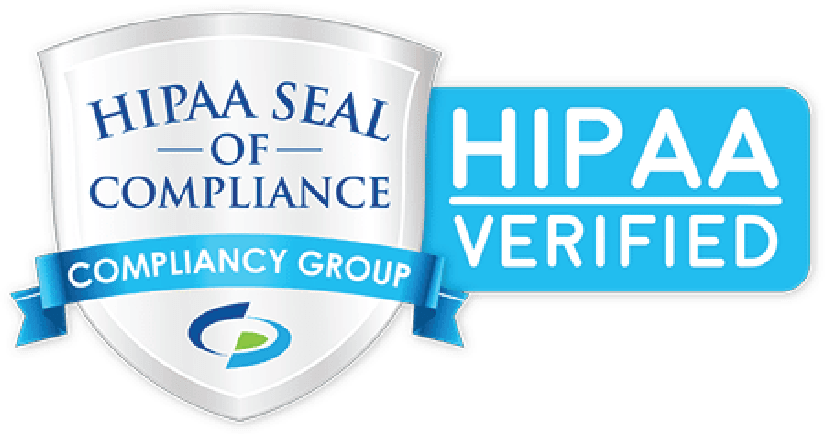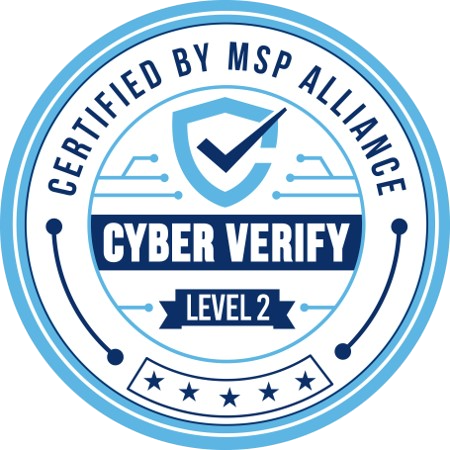HIPAA Cybersecurity Safe Harbor Laws
When it comes to cybersecurity breaches, the health sector is one of the most impacted. In 2020 alone, from January to November, cybersecurity cases accounted for about 79% in this sector. There was also an increase in attacks aimed at health care entities by up to 45% from November 2020 to January 2021. As a result, former President Trump signed the HR 7989 bill on January 5, 2020. The bill, the HIPAA Cybersecurity Safe Harbor Laws, creates a safe harbor for the companies that implement the recognized security best practices before experiencing cyber-attacks.

What Is the HIPAA Safe Harbor Bill?
The high number of cyberattacks on health organizations in 2020 also affected those companies with best security practices. It seemed unfair for the HHS to fine such businesses, yet they had measures to protect against data breaches. Notably, even the FBI raised concerns about the imminent ransomware attacks.
The HIPAA Safe Harbor bill was then developed to protect those entities that had met the recognized security practices but still faced security breaches. Consequently, the HHS has to evaluate the security measures implemented by a health organization within the last 12 months by availing incentives.
Additionally, HHS should consider the following factors:
- If the impacted organization has met the industry’s best security practices, HHS will reduce the audit’s length and extent
- When calculating fines, the HHS must consider data breach measures instead of issuing penalties and disciplinary actions for a cybersecurity attack that couldn’t have been prevented
- If it’s determined that an entity is out of compliance with the 2015 Cybersecurity Act, HHS cannot increase fines or the length of an audit
The bill also aims at encouraging health organizations to conduct security evaluations and develop a security plan with documentation into action. Still, organizations do not have to choose a specific tool for security risk evaluation.
However, relying on a reputable technology company like Kraft Technology Group guarantees better results due to our extensive knowledge and expertise in managing IT security. At KTG, we ensure that your clinical documentation and medical coding practices are above board. We have a team of experienced auditors who can evaluate your IT system and align it with relevant HIPAA, HITRUST, and HITECH laws.
What Makes up a Viable Health Secure Program
For a health entity to be viable, its information security program should meet the following criteria:
- It must have recognized security practices. Indeed, it applies to the best practices, processes, guidelines, and standards developed per NIST.
- It must have been incorporated in your system for the last 12 months before a cyberattack.
Key areas to focus on include:
Develop a Formal Information Security Program
You need first to ask yourself if your program is compliant with HIPAA’s best practices. You don’t have to hope that your program is compliant until the Office of Civil rights gets to your organization.
At Kraft Technology Group, we can assess your risk management, create a report of any existing gaps, and develop mitigation measures. We can also go ahead and help you with remediation.
Base Your Program on an Industry Framework
As per the HIPAA Safe Harbor law, a health organization’s program must be based on the recognized security laws. Yet, many entities claim to have the right measures by appointing IT directors in charge of security. Unfortunately, these appointees may not have the specialized experience and know-how in building and maintaining an effective information security program. Therefore, you may have a program, but it might not be based on recognized security practices.
To be on the safe side, you can rely on managed IT services at KTG. We offer end-to-end protection to prevent malware, viruses, spyware, or ransomware from accessing your network.
Maintain Your Program
Risk management is a vital part of any information security program. Note that the process requires constant attention, just like managing patient safety or financial risk when operating a health organization. Also, with technology constantly evolving, you need to be ready to encounter new threats. What was once a low risk could become a higher risk, requiring immediate action.
One part of maintaining your program is having a third party evaluate your risk management. KTG avails the necessary IT support services that keep your health care system performing at optimal levels consistently. Don Baham brings new solutions to the market and delivers IT strategic planning to steer KTG in the right direction.
We have a team of trained technicians who can detect and potential glitches and fix them before they cause any system downtimes. Even better, our team provides in-depth industry analytics that is in line with the best practices since they are HIPAA compliant.

Benefits of HIPAA Cybersecurity Safe Harbor Laws
The HIPAA cybersecurity law has two major benefits to healthcare entities:
Less Scrutiny From Regulators
It reduces heightened security scrutiny from regulators while also minimizing the fines and penalties for violating HIPAA due to a data breach. Note that adopting and maintaining robust industry frameworks and cybersecurity practices is not a 100% guarantee of protection against cyber-attacks. However, an organization that has taken the necessary measures is better placed in averting data breaches than one with a non-existent or outdated security program.
The HIPAA rationale Safe Harbor law applies different punishment levels depending on the cybersecurity measures implemented. As a result, congress declared that health organizations that did the right thing should not face any punishment.
Better Data Breach Management Practices
Another benefit is that HR 7898 incentivizes healthcare enterprises to improve their data breach management practices voluntarily. It’s an advantage to the entire sector since patients and employees benefit from the organized security program.
Kraft Technology Group Can Help
Health organizations need to comply with the HIPAA laws to minimize cyberattacks and enjoy the above benefits. Our technicians at Kraft Technology Group can help your company implement viable information security and risk management programs that align with the HHS and OCR scrutiny. Additionally, we have the right expertise to implement a program based on NIST, ISO, or HITRUST frameworks.
We also provide application whitelisting, email security, data encryption, secure network architecture, firewall and intrusion control, and more. If your organization needs any of these services in Nashville, contact us to discuss how we can help you.





